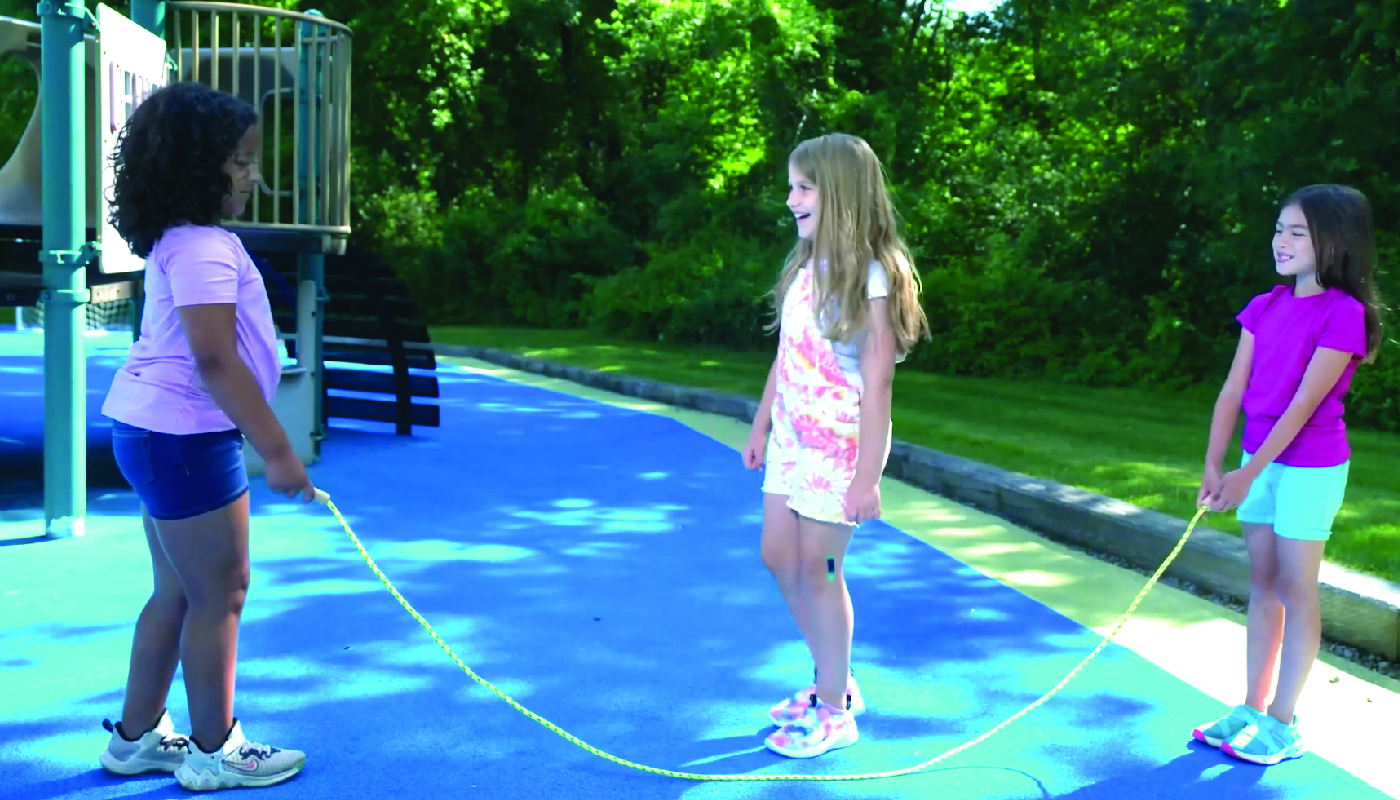Introduction
Conflicts on the playground are a common occurrence among young children. As educators, it’s essential to teach our PreK students how to handle these conflicts effectively, ensuring a safe and enjoyable environment for everyone. This blog post will discuss the steps involved in addressing conflicts on the playground, as well as providing a no-prep activity, discussion questions, and related skills to further support students’ social-emotional development.
No-Prep Activity: The Conflict Resolution Role-Play
This activity requires no preparation or materials from the educator. Have your students form pairs and assign each pair a common playground conflict scenario. Examples of scenarios include someone feeling excluded, not getting a turn, not playing by the rules, or not being a good sport. Ask each pair to role-play the conflict and then practice using the problem-solving steps to resolve the issue. Encourage students to switch roles and try different scenarios to gain a better understanding of both perspectives.
Discussion Questions
- Why is it important to learn how to handle conflicts on the playground?
- What are some feelings people might experience during a conflict?
- Can you think of a time you experienced a conflict on the playground? How did you handle it?
- Why is it important to consider other people’s feelings during a conflict?
- What are some other ways we can prevent conflicts from happening on the playground?
Related Skills
Teaching students how to handle conflicts on the playground also helps them develop other essential social-emotional skills, including:
- Empathy: Understanding and sharing the feelings of others.
- Communication: Expressing thoughts, feelings, and needs clearly and effectively.
- Self-regulation: Managing emotions and behaviors in appropriate ways.
- Cooperation: Working together with others to achieve a common goal.
- Respect: Treating others with kindness and understanding.
Next Steps
Teaching students how to handle conflicts on the playground is an essential part of fostering their social-emotional growth. By practicing these skills and engaging in activities like the Conflict Resolution Role-Play, students will be better equipped to navigate challenging situations and form positive relationships with their peers. To further support your students’ social-emotional development, sign up for free samples of skill-building materials and other resources at Everyday Speech.






